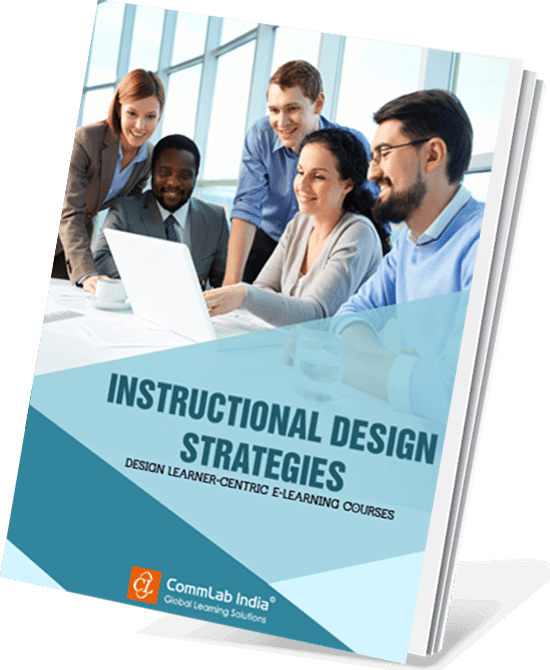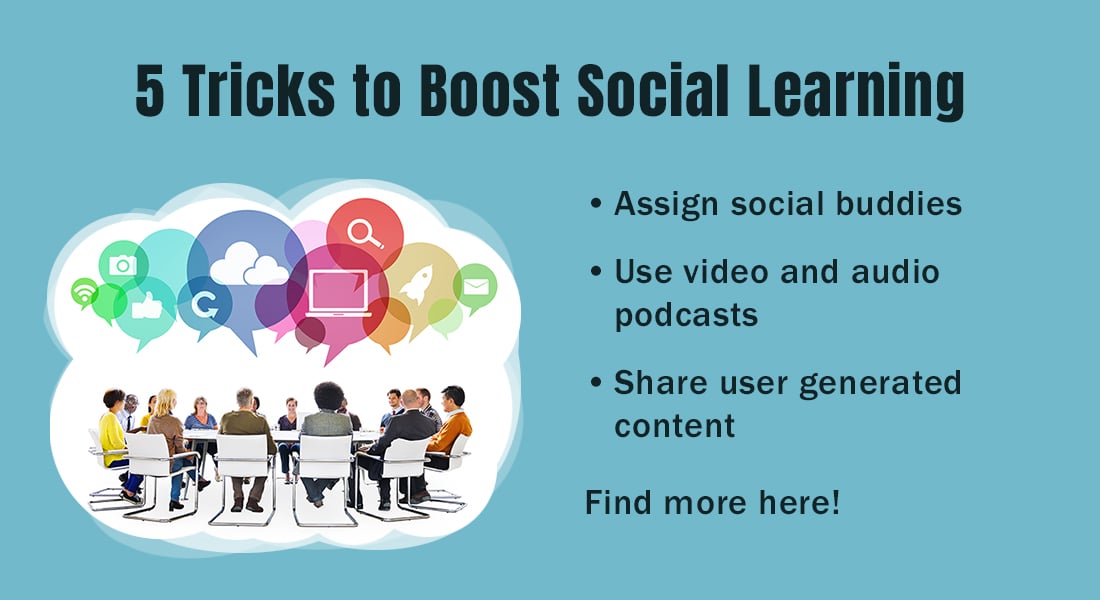How Can Instructional Designers Efficiently Leverage the Skills Of SMEs?

It is well-known that proper interaction between the Subject Matter Expert(SME) and instructional designer is vital for the development of an effective eLearning product. However, we know how sometimes it becomes difficult for an instructional designer to maintain a harmonious interaction with a subject matter expert. The reasons for this may be many – lack of experience in dealing with SME, difference in views, ineffective communication, project demands, etc.
→ Download Now: Instructional Design Strategies to Design Engaging eLearning Courses
Ineffective interaction with SME could lead to various adverse results such as delayed project, increased project budget, underutilization of SME’s expertise and knowledge, and ultimately ineffective eLearning product. Hence, an ID needs to establish effective communication with SME over the requirements of a project. At the same time, an ID needs to properly utilize the available time of an SME during the project. It is very important that an ID efficiently extracts the required information from an SME towards the creation of highly engaging and effective eLearning program. Here are some of the aspects on which an instructional design professional needs to focus while dealing with an SME:
Respect the Time of an SME
Ask instructional designers about their experiences of working with SMEs, and you can bet, most of them would likely say in one voice that – it was difficult to get the time of an SME. Most of the SMEs have very busy schedules. Hence, it is important to schedule the meetings according to the convenience of SMEs to obtain maximum results from such meetings.
It is also good to carefully plan in advance about the information that needs to be extracted from an SME before such meetings and during the meetings to achieve optimum results from such interaction. One of the best ways is to come up with a list of right questions to be asked during meeting. This ensures a productive interaction that aligns with your instructional design strategy.
Communicate to the SME the Scope of the Project
A good communications between an ID and SME is crucial for crafting an effective eLearning product. Once the schedule of meetings with the SME is set, the ID should then make the SME aware of the scope and objectives of the project even at the start of the project.
It is very important to have a thorough discussion with the SME over various aspects of the project such as – what is the need of training, how training could help learners, and what is the scope of motivation in a training course.
This will help the SME to provide relevant inputs that align with the project objectives. It is always better to involve the SME in various steps of the project development, or at least let him or her know about these steps.

Instructional Design Strategies to Design Engaging eLearning Courses
Design Learner-Centric eLearning
- Importance of ID Strategies in eLearning
- Parameters to Select the Right ID Strategy
- ID Strategies for Effective Results
- Case Studies
Convince the SME about Converting the Learning Material
Very often, SMEs get very emotional about chunking content to develop eLearning courses. Who will be not? SMEs contribute a lot in the form of content, knowledge and guidance towards the course development!
In this context, the ID needs to efficiently communicate with the SME and convince him or her about how only ‘needed content’ and not ‘nicer content’ should be chosen so that the exact training needs can be addressed. Also, an SME needs to be informed about the project timelines.
The ID needs to make the SME understand as to how learners actually like to learn, and how the presentation pattern of content in eLearning should be one that engages and benefits learners. Here, an eLearning sample can be shown to the SME to help him or her understand how a well-chunked content could help a learner perform the task in a real working environment.
Extract Important Information and Get the SME to Agree
SMEs possess vast knowledge and expertise in their areas of specialization. SMEs will certainly have source materials, reference links, relevant PPT, previous Live classroom videos, lessons plans, etc. Hence, it is the job of the IDs to collect these materials from the SME and apply instructional design principles to create an engaging eLearning product.
Also, the ID must surely discuss with the SME over the details of various elements such as – assessments questions, suitable job aids, use of universal examples and technical accuracy of content, which is vital for the development of an engaging eLearning course.
Be Cautious about the Budget
Keep an eye on the costs while interacting with the SME over course development. It is important to utilize the time of the SME very efficiently by including only essential topics related to the course.
Appreciate the Role of the SME
To sum it all, an effective learning product is nothing but the result of an effective relationship between an ID and an SME. Needless to say, SMEs should be appreciated for all the inputs given by them for the development of the training course. This is a very important aspect in the relationship between an ID and an SME. Involving an SME in the course development process and paying complete attention to what he or she says or shares could help pave a good working relationship.
Effective interaction with the SME plays a key role in the successful creation of an eLearning course that helps organizations meet their training objectives. However, these may not be the only way. I am sure there are many other ways through which an ID leverages the skills of an SME. So how do you get the most of your subject matter expert?
Please do share your views. We would really appreciate to hear from you.





